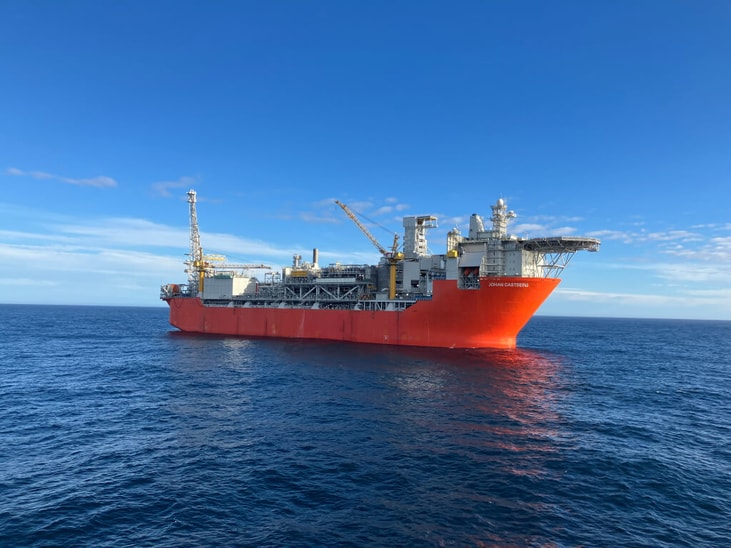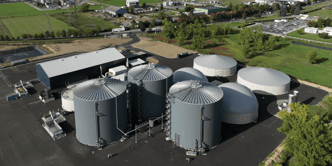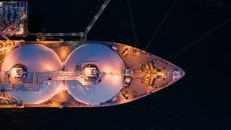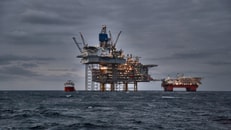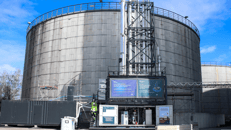Equinor cuts renewables target but holds firm on CCS
Equinor is reducing its renewables installed capacity target to 10-12 gigawatts (GW) by 2030 but maintaining CO2 storage targets of 30-50 million tonnes per year by 2035.
Seeking to match ‘ambitions to realities’, the plan to allocate 50% of gross capital expenditures to renewables and low carbon solutions by 2030 has been scrapped, though it still intends to cut scope 1 and 2 emissions by 50% by the same date.
“Adjusting to the market situation and opportunity set, the range for the net carbon intensity (NCI) ambition will be 15-20% in 2030 and 30-40% in 2035,” it stated in a report, accompanying news that group post-tax Q4 operating income rose to $2.29bn, up from $1.83bn a year earlier.
Equinor has been awarded more than 60 mtpa in CO2 storage licences. Oil and gas production is expected to grow 4% in 2025, supported by capex expenditure of $13bn.
... to continue reading you must be subscribed

